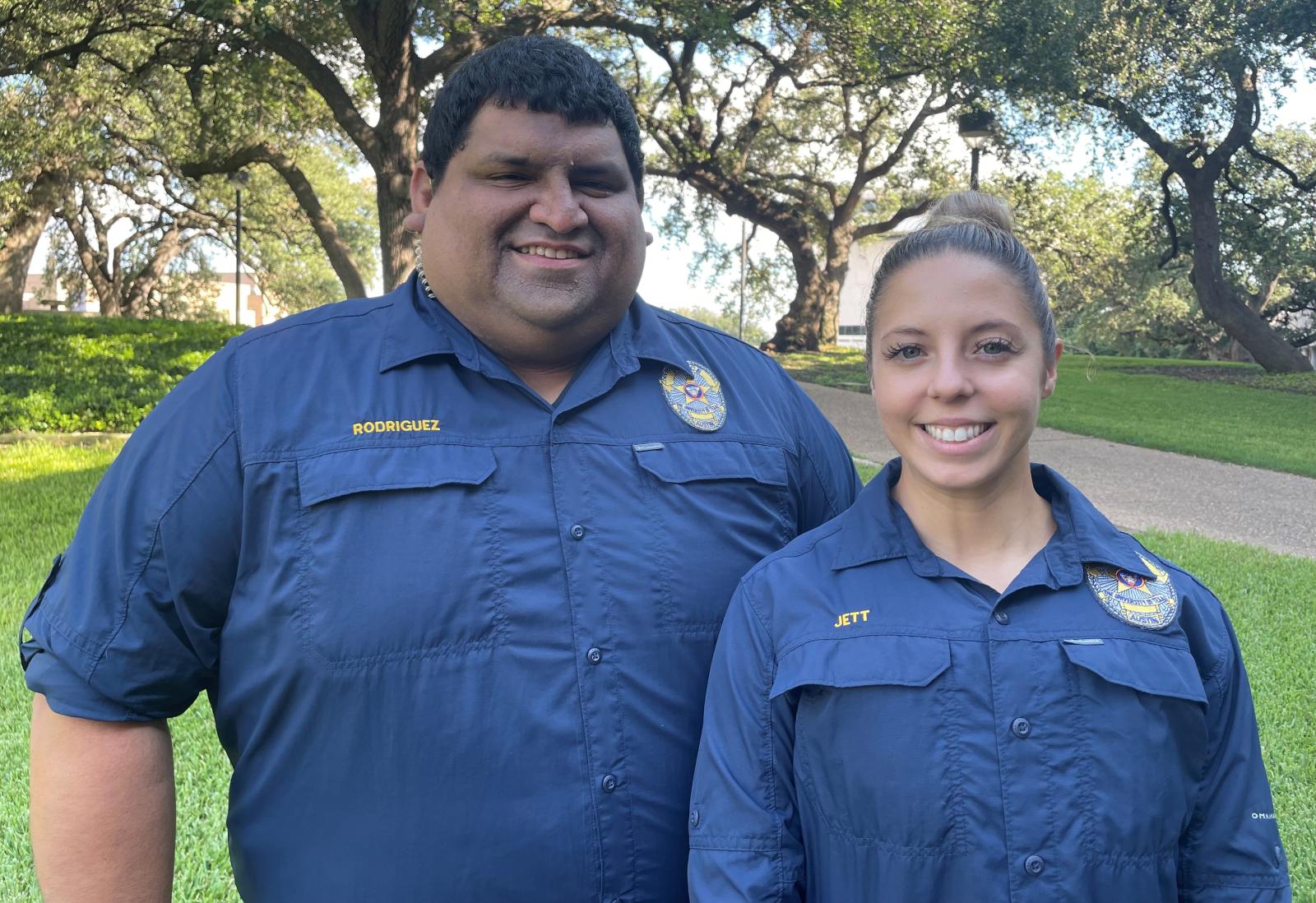
In September of 2021, President Hartzell announced an initiative that will offer a combined response of mental health professionals and UTPD Mental Health Peace Officers to emergency calls where a potential mental health element may exist. Together, the Mental Health Assistance and Response Team (MHART) and UTPD's University Crisis Intervention Team (UCIT) will ensure that the university is effectively responding to the increasing number and complexity of calls to the police from individuals experiencing mental health crises.
In 2020, UTPD began re-evaluating response efforts to certain calls for service. The department recognized some UT community members, such as individuals of color and members of the LGBTQIA+ communities, have a historically challenging relationship with law enforcement. These community members have expressed concerns of interacting with police, which increases the difficulty and discomfort when UTPD is the sole responder for mental health related calls. UTPD consulted with entities on campus with a mental health touch point including the Employee Assistance Program, Counseling and Mental Health Center, Victims Advocate Network and Student Emergency Services to discuss alternative programs.
After much exploration and outreach with other universities for best practices, UTPD created its piece of the solution—the University Crisis Intervention Team or UCIT which launched in January of 2021. UCIT is comprised of highly-trained Mental Health Officers who have extensive de-escalation and negotiation training. They respond to calls for service where a potential mental health element may exist. To reduce stress, UCIT officers wear low profile uniforms with duty weapons hidden from view. They will soon have unmarked cars. UCIT members will provide immediate care on scene, make connections to appropriate service providers and attempt to decrease the criminalization of mental health by providing other alternatives such as resources and out and in-patient referrals.
"Our team has assisted dozens of people in our community since its launch. One student who received a response by UCIT told an officer they noticed a difference in the overall experience as compared to their interaction with officers in years past," said Captain Laura Davis, UCIT Supervisor. "We must continue to listen to our community and be open to reshaping our response where necessary to best meet their needs."
Beginning in the fall of 2021, UCIT will continue its caretaking mission in partnership with the University's Mental Health Assistance and Response Team (MHART). Those who are experiencing a mental health crisis will receive a real-time team response consisting of a mental health professional and a UTPD Mental Health Peace Officer. Service providers believe this collaboration will increase the ability for a positive outcome to a crisis with early intervention and continued follow-up support.
"Our hope is there will be fewer, negatively perceived interactions with police resulting in less traumatic experiences for those who are suffering," said Captain Laura Davis of UCIT. "We don't want to make a situation worse. We are here to make things better and connect our community with appropriate resources to get them on the path to wellness."
